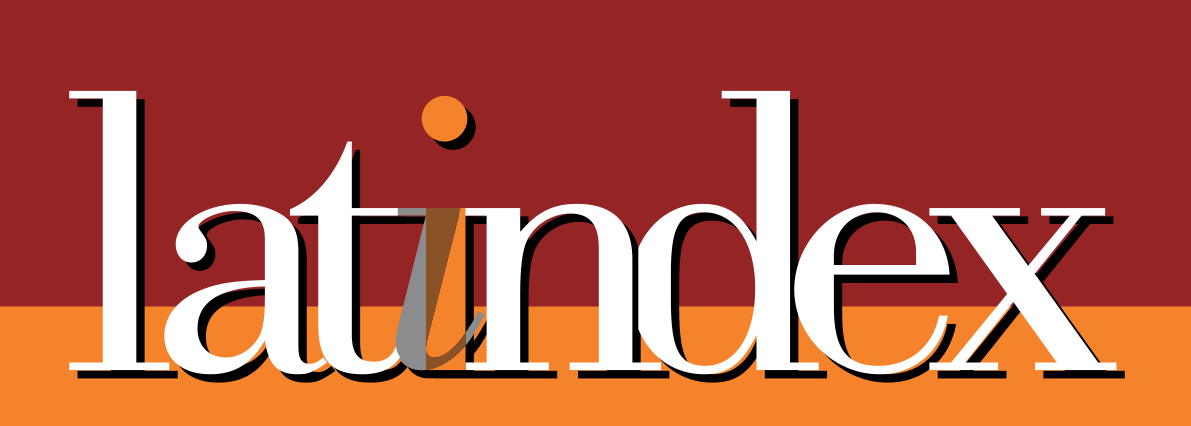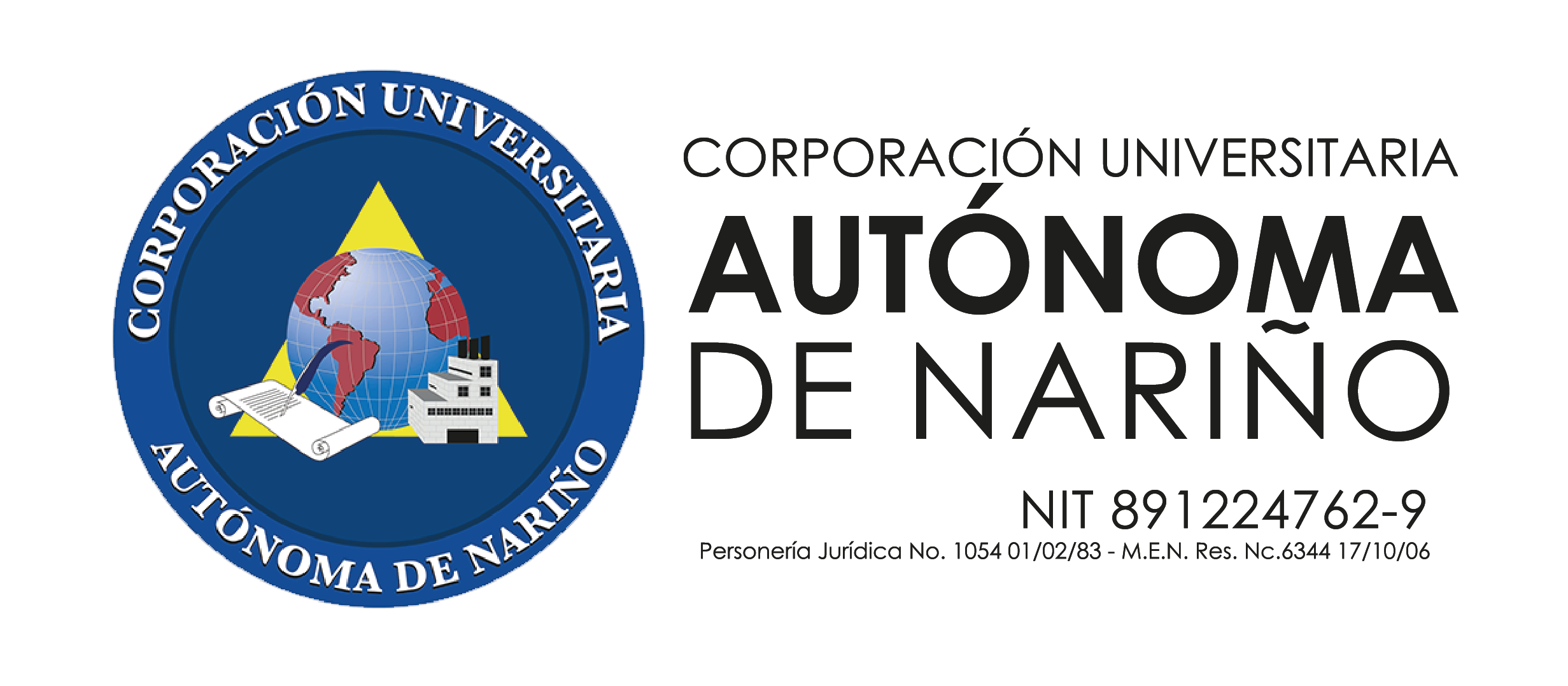Resilience as a background of organizational learning in the context of the COVID-19 pandemic
DOI:
https://doi.org/10.47666/summa.4.1.02Keywords:
learning, organizational learning, resilienceAbstract
Today organizations are constantly learning in all areas, and even more so in these times of pandemic, so leaders must be prepared to face any eventuality and manage resources effectively. Undoubtedly, human resources are essential in any context and it is through them that competitive and sustainable advantages are achieved. This study aimed to analyze whether resilience is related to the organizational learning of employees within the organization. For this, a quantitative, non-experimental, cross-sectional, descriptive and correlational approach was used, with a non-probabilistic sample of 112 subjects who have an employment relationship on the northern border of Chihuahua, Mexico. The data was obtained through a questionnaire applied online that integrated 52 items [25 for resilience and 27 for organizational learning], for which instruments proposed by Wagnild and Young (1993) and López, et al., (2012) were adapted. . Descriptive statistics were analyzed using SPSS software. The results show that there is a moderate but significant relationship between resilience and organizational learning. It is concluded that, in the labor context, employees look for the best way to deal with any eventuality that arises and from this they learn, which will pay significantly in the learning of the organization.
Downloads
References
Antunes, H. d. J. G. & Pinheiro, P. G. (2020). Linking knowledge management, organizational learning and memory. Journal of Innovation & Knowledge, 5(2), 140-149. https://doi.org/10.1016/j.jik.2019.04.002
Argote, L. (2011). Organizational learning research: Past, present and future. Management Learning, 42(4), 439-446. https://doi.org/10.1177/1350507611408217
Argote, L. (2013). Organizational learning: Creating, retaining and transferring knowledge (2 ed.): Springer US.
Barão, A.; de Vasconcelos, J. B.; Rocha, Á. & Pereira, R. (2017). A knowledge management approach to capture organizational learning networks. International Journal of Information Management, 37(6), 735-740. https://doi.org/10.1016/j.ijinfomgt.2017.07.013
Barra, A. M. (2007). Un análisis descriptivo de la relación entre el proceso de aprendizaje organizacional y las ventajas competitivas. Horizontes Empresariales, 6(2), 49-62.
Basten, D. & Haamann, T. (2018). Approaches for Organizational Learning: A Literature Review. SAGE Open, 8(3), 2158244018794224. https://doi.org/10.1177/2158244018794224
Del Río, J. & Santisteban, D. (2011). Perspectivas del aprendizaje organizacional como catalizador de escenarios competitivos. Revista Ciencias Estratégicas, 19(26), 247-266.
Duchek, S. (2020). Organizational resilience: a capability-based conceptualization. Business Research, 13(1), 215-246. https://doi.org/10.1007/s40685-019-0085-7
Fani, A. A.; Fard, D. & Yakhkeshi, H. (2015). Organizational Learning and Organizational Resilience. Knowledge Management as a Mediator in Public Organizations of Iran. Journal of Developing Country Studies, 5(13), 64-76.
García, E.; Valle, A. y Cespedes, J. (2020). Employer branding. Reflexiones en tiempos de pandemia. SUMMA. Revista disciplinaria en ciencias económicas y sociales, 2(Especial), 179-194. https://doi.org/10.47666/summa.2.esp.12
García-Morales, V. J.; Jiménez-Barrionuevo, M. M. & Gutiérrez-Gutiérrez, L. (2012). Transformational leadership influence on organizational performance through organizational learning and innovation. Journal of Business Research, 65(7), 1040-1050. https://doi.org/10.1016/j.jbusres.2011.03.005
Garmezy, N. (1991). Resiliency and Vulnerability to Adverse Developmental Outcomes Associated With Poverty. American Behavioral Scientist, 34(4), 416-430. https://doi.org/10.1177/0002764291034004003
Garzón, M. A. & Fisher, A. L. (2008). Modelo teórico de aprendizaje organizacional. Pensamiento & gestión(24), 195-224.
Hernández, R.; Fernández, C. y Baptista, P. (2014). Metodología de la investigación (sexta ed.). México.
Huysman, M. (2010). An organizational learning approach to the learning organization. European journal of work and organizational psychology, 9(2), 133-145. https://doi.org/10.1080/135943200397905
Lengnick-Hall, C. A.; Beck, T. E. & Lengnick-Hall, M. L. (2011). Developing a capacity for organizational resilience through strategic human resource management. Human resource management review, 21(3), 243-255. https://doi.org/10.1016/j.hrmr.2010.07.001
Linnenluecke, M. & Griffiths, A. (2010). Beyond Adaptation: Resilience for Business in Light of Climate Change and Weather Extremes. Business & Society, 49(3), 477-511. https://doi.org/10.1177/0007650310368814
López, V.; Ahumada, L.; Olivares, R. y González, Á. (2012). Escala de medición del aprendizaje organizacional en centros escolares. Psicothema, 24(Número 2), 323-329.
Mamouni, L. E. A.; Mazzarol, T.; Ghadouani, A. & Schilizzi, S. G. M. (2014). The Resilience Architecture Framework: Four organizational archetypes. European Management Journal, 32(1), 104-116. https://doi.org/10.1016/j.emj.2012.11.007
Masten, A. S.; Lucke, C. M.; Nelson, K. M. & Stallworthy, I. C. (2021). Resilience in development and psychopathology: multisystem perspectives. Annual Review of Clinical Psychology, 17, 521-549. https://doi.org/10.1146/annurev-clinpsy-081219-120307
Medina, C. (2012). La resiliencia y su empleo en las organizaciones. Gestión y estratégia, 41.
Mousa, M.; Abdelgaffar, H. A.; Chaouali, W. & Aboramadan, M. (2020). Organizational learning, organizational resilience and the mediating role of multi-stakeholder networks. Journal of Workplace Learning, 32(3), 161-181. https://doi.org/10.1108/JWL-05-2019-0057
Park, S. & Kim, E.-J. (2018). Fostering organizational learning through leadership and knowledge sharing. Journal of Knowledge Management, 22(6), 1408-1423. https://doi.org/10.1108/JKM-10-2017-0467
Pineda, L. (2020). Aproximación teórica al concepto de calidad y los sistemas de gestión. SUMMA. Revista disciplinaria en ciencias económicas y sociales, 2(1), 41-62.
Quintero, M.; García, C.; Sánchez, A.; Espinoza, F. & Bermúdez, G. (2019). Reflective factor structure of occupational health governance. SUMMA. Revista disciplinaria en ciencias económicas y sociales, 1(1), 69-86.
Salanova, M. (2020). How to survive COVID-19? Notes from organisational resilience (¿Cómo sobrevivir al COVID-19? Apuntes desde la resiliencia organizacional). International Journal of Social Psychology, 35(3), 670-676. https://doi.org/10.1080/02134748.2020.1795397
Sarell, J. (2020). Modelo de competencias gerenciales dinamizadoras basadas en la aplicación de las TIC. SUMMA. Revista disciplinaria en ciencias económicas y sociales, 2(2), 83-108.
Senge, P. (1990). La quinta disciplina: cómo impulsar el aprendizaje en la organización inteligente: Granica.
Siebert, A. (2005). The resiliency advantage: Master change, thrive under pressure, and bounce back from setbacks. San Francisco: Berrett-Koehler Publishers.
Somers, S. (2009). Measuring resilience potential: An adaptive strategy for organizational crisis planning. Journal of contingencies and crisis management, 17(1), 12-23. https://doi.org/10.1111/j.1468-5973.2009.00558.x
Tortorella, G. L.; Cawley Vergara, A. M.; Garza-Reyes, J. A. & Sawhney, R. (2020). Organizational learning paths based upon industry 4.0 adoption: An empirical study with Brazilian manufacturers. International Journal of Production Economics, 219, 284-294. https://doi.org/10.1016/j.ijpe.2019.06.023
Wagnild, G. M. & Young, H. M. (1993). Development and psychometric evaluation of the Resilience Scale. Journal of Nursing Measurement, 1(2), 165-178.
Wieland, A. & Durach, C. F. (2021). Two perspectives on supply chain resilience. Journal of Business Logistics, 42(3), 315-322. https://doi.org/10.1111/jbl.12271
Xifra, J. (2020). Comunicación corporativa, relaciones públicas y gestión del riesgo reputacional en tiempos del Covid-19. El profesional de la información (EPI), 29(2), 1-18. https://doi.org/10.3145/epi.2020.mar.20








